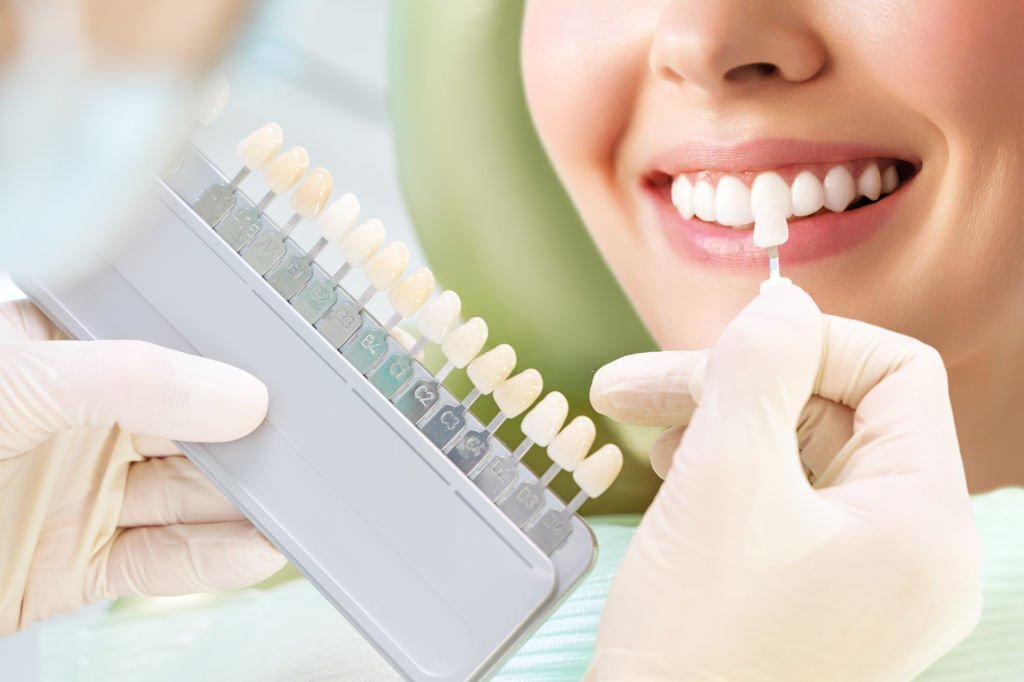Introduction
A radiant smile is a symbol of confidence and attractiveness, and many people desire whiter teeth to achieve that. With the rise of social media and the pursuit of picture-perfect smiles, DIY teeth whitening hacks have gained popularity as an affordable and convenient option. These hacks promise to deliver quick and effective results without the need for professional dental care. However, before jumping on the DIY bandwagon, it is crucial to consider the safety and potential risks associated with these methods. In this blog, we will explore various DIY teeth whitening hacks, their safety, and provide essential do’s and don’ts for a brighter smile.
The Allure of DIY Teeth Whitening Hacks
DIY teeth whitening hacks have gained traction due to several factors:
Cost-Effectiveness:
Many DIY methods use common household ingredients, making them a cost-effective alternative to professional teeth whitening treatments.
Convenience:
DIY hacks can be performed at home without the need for dental appointments, making them appealing to those seeking quick results.
Social Media Influence:
Social media platforms are flooded with influencers and bloggers promoting various DIY teeth whitening hacks, creating a trend among users.
Instant Gratification:
IY hacks often promise immediate results, tempting individuals looking for a quick fix.
The Safety Concerns of DIY Teeth Whitening Hacks
While DIY teeth whitening hacks may offer some benefits, they come with significant safety concerns. Some common issues include:
Lack of Professional Guidance:
DIY methods lack the supervision and expertise of dental professionals, which can lead to improper application and potential harm to teeth and gums.
Unknown Risks:
Many DIY hacks involve using abrasive or acidic substances on teeth, which can lead to enamel erosion, tooth sensitivity, and damage to oral tissues.
Uneven Results:
Without personalized guidance, DIY treatments may result in uneven whitening, leading to an unnatural and blotchy smile.
Ineffectiveness:
Some DIY methods may not deliver the promised results, leading to disappointment and a waste of time and effort.

The Do’s and Don’ts for Safe DIY Teeth Whitening
While it is crucial to exercise caution with DIY teeth whitening, there are some safe and effective practices to enhance your smile at home. Here are the do’s and don’ts for a brighter smile:
The Do’s:
Use Baking Soda Sparingly:
Baking soda is a common ingredient in DIY teeth whitening hacks due to its mild abrasive properties. Using it occasionally can help remove surface stains, but overuse can damage enamel.
Brush and Floss Regularly:
Maintaining good oral hygiene is essential for preventing stains and ensuring your teeth and gums stay healthy.
Try Whitening Toothpaste:
Choose a reputable whitening toothpaste containing gentle polishing agents to remove surface stains over time.
Opt for Oil Pulling:
Oil pulling with coconut oil can help remove bacteria from the mouth and improve overall oral health.
Eat Crunchy Fruits and Vegetables:
Foods like apples, carrots, and celery act as natural abrasives, promoting saliva production and reducing plaque buildup.
Drink Water After Consuming Staining Substances:
Rinse your mouth with water after consuming coffee, tea, or other staining beverages to minimize discoloration.
Use Straw When Drinking Staining Liquids:
Using a straw can help minimize contact between staining liquids and your teeth.
Regular Dental Check-ups:
Routine dental visits can address any dental issues and ensure your teeth are healthy and suitable for teeth whitening treatments, whether DIY or professional.
The Don’ts:
Avoid Excessive Use of Baking Soda:
As mentioned earlier, excessive use of baking soda can lead to enamel erosion and tooth sensitivity.
Do Not Use Lemon Juice:
Lemon juice is highly acidic and can erode enamel, leading to permanent damage.
Avoid Hydrogen Peroxide in High Concentrations:
While hydrogen peroxide is commonly used in teeth whitening, using high concentrations at home can damage teeth and gums.
Do Not Use Household Cleaners:
Using abrasive household cleaners on your teeth is extremely dangerous and can cause serious harm.
Avoid DIY Activated Charcoal:
Activated charcoal is abrasive and can cause enamel erosion and staining if used incorrectly.
Do Not Overuse DIY Whitening Kits:
DIY whitening kits may contain strong chemicals that can harm your teeth and gums if overused.
Avoid Whitening Gels Without Professional Advice:
Using whitening gels without professional supervision can lead to unpredictable results and potential harm.
Conclusion
Achieving a brighter smile is a goal shared by many, but it is essential to prioritize safety and oral health in the pursuit of whiter teeth. While DIY teeth whitening hacks may offer a convenient option, they also pose significant risks. Enamel erosion, tooth sensitivity, and damage to oral tissues are potential consequences of improper DIY teeth whitening methods. It is advisable to consult a dental professional before attempting any teeth whitening treatment, DIY or professional. Remember, maintaining good oral hygiene and seeking professional guidance are the best ways to ensure a brighter smile without compromising your dental health.


